According to records at Mong Cai City Medical Center, the number of people with chronic diseases coming for examination tends to increase. Every day, the Center's Examination Department receives 150-200 patients, most of whom are elderly people with a history of cardiovascular disease and diabetes.
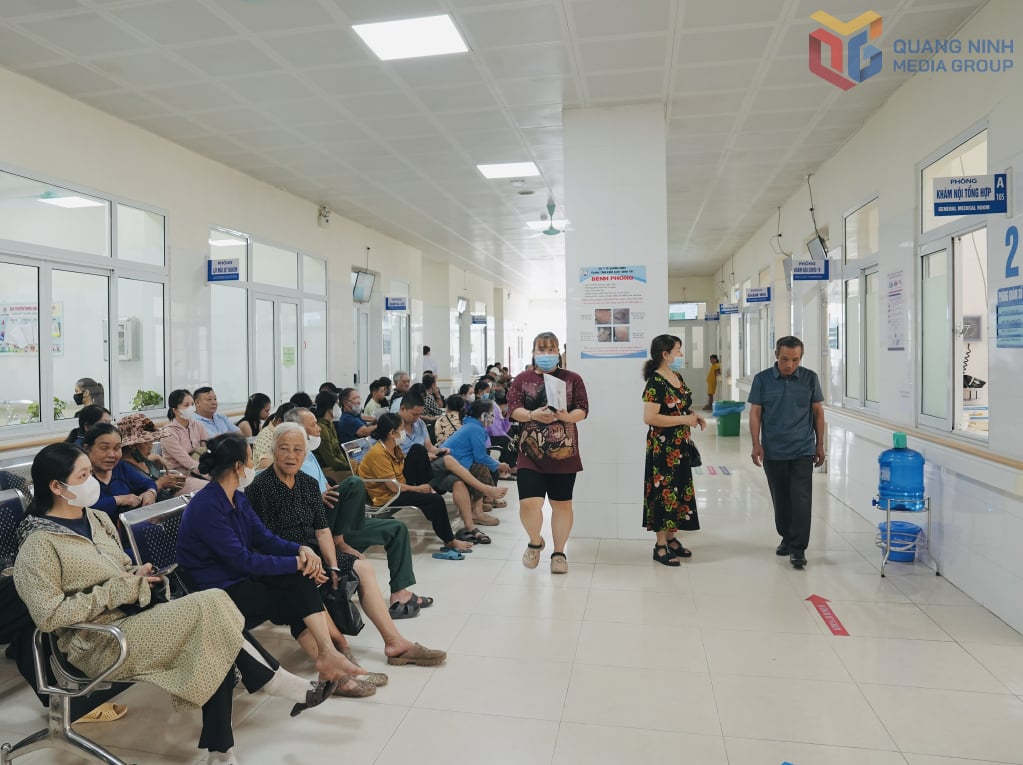
According to Dr. Nguyen The Chieu, Head of the Examination Department of the Center: The elderly and chronic patients need to pay special attention during prolonged hot days. High temperatures cause the body to lose water and electrolytes, which can lead to sudden hypotension or hypertension, increasing the risk of cardiovascular complications, even stroke; changes in blood sugar levels due to improper diet and exercise can cause dehydration. If not well controlled, it can easily lead to acute hypoglycemia or hyperglycemia, seriously affecting health. In particular, people with chronic obstructive pulmonary disease (COPD) are often sensitive to the weather. In hot and polluted conditions, shortness of breath can worsen, increasing the risk of respiratory infections and respiratory failure.
Regularly going for regular diabetes check-ups at Mong Cai City Medical Center, Ms. Vu Thi Lien (64 years old, Tra Co ward) shared: “When the weather is hot, I feel tired, dizzy, and sweat a lot. I have to drink water regularly, eat on time, and take medicine as prescribed by the doctor...”.
Mr. Nguyen Van Hoa (75 years old, Tran Phu ward), a hypertensive patient undergoing outpatient treatment, said: “Before, I rarely paid attention to the weather, but now, whenever it is hot, my heart beats faster and my blood pressure increases. I have to measure my blood pressure in the morning and afternoon; I avoid going out in the hot sun.”
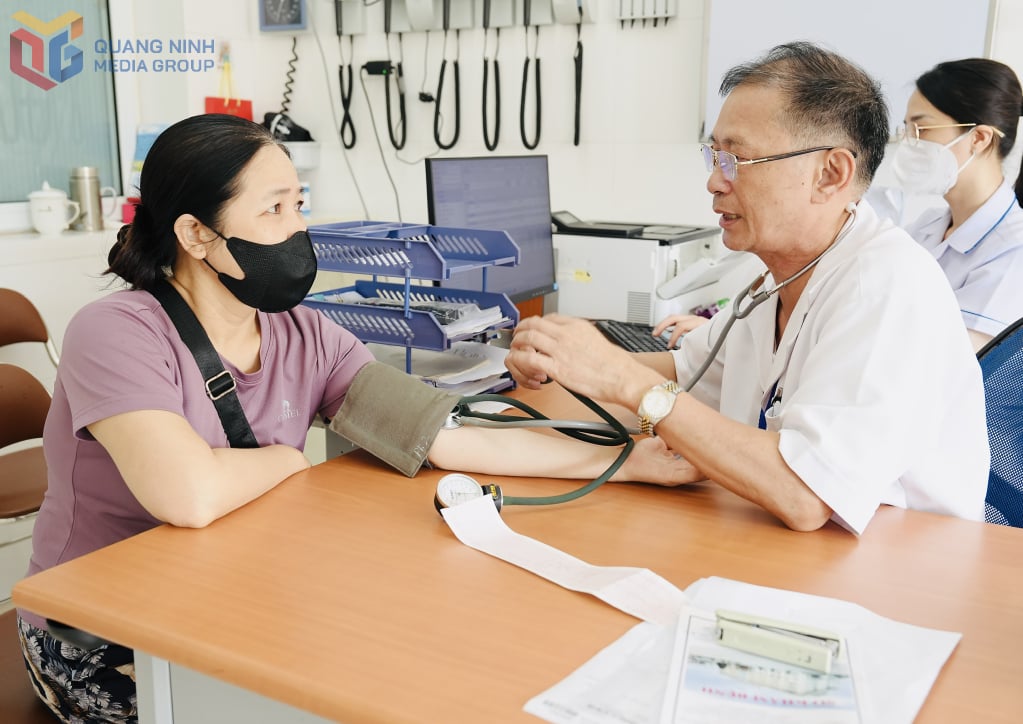
In addition to the risks caused by the weather, the use of medication in the summer also needs to be closely monitored. Dr. Chiu said: “Some medications such as diuretics can increase the risk of dehydration in people with high blood pressure; hypoglycemic drugs can cause hypoglycemia if the patient eats poorly or exercises a lot.”
High temperatures also affect the preservation of drugs. Many drugs, especially insulin, if not preserved properly, will easily spoil and lose their effectiveness. Therefore, patients should not arbitrarily adjust the dose of drugs but should consult a medical specialist.
To effectively care for chronic patients at home during the summer, Dr. Chiu recommends ensuring adequate hydration, even when not thirsty. Limit the use of alcoholic, carbonated or caffeinated beverages. The diet should be nutritionally complete, with plenty of green vegetables and fresh fruits, and follow the doctor's treatment instructions.
Patients should avoid going outdoors during peak hours (10am to 4pm), prioritize staying indoors in cool weather, and use fans or air conditioners appropriately. Clothing should be breathable and sweat-absorbent. Monitoring health indicators such as blood pressure, blood sugar, breathing rate, and weight is extremely important to detect abnormalities early.
For elderly patients or those who are unable to care for themselves, relatives need to regularly remind them to drink water, take medication on time and closely monitor their health symptoms. Doctor Chiu also noted that patients should maintain the habit of regular check-ups and should not be subjective even during the summer vacation or hot weather conditions.
In recent years, hot weather has been getting longer and more intense. Therefore, taking care of the health of people with chronic diseases in the summer needs to become a daily habit. If patients, their families and medical staff pay proper attention, the negative effects of hot weather can be completely prevented and well controlled.
Source: https://baoquangninh.vn/cham-soc-suc-khoe-nguoi-benh-man-tinh-3363881.html








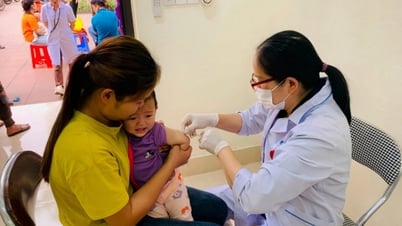
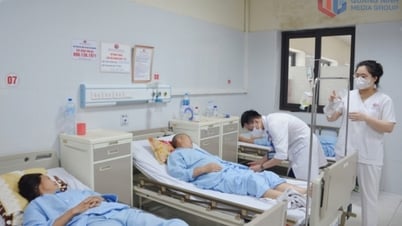
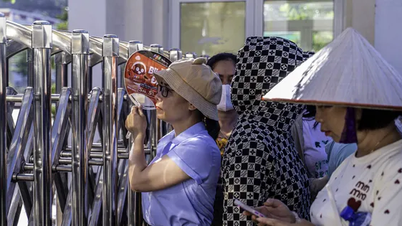




















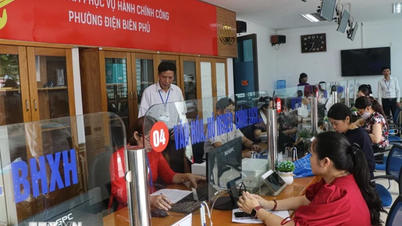




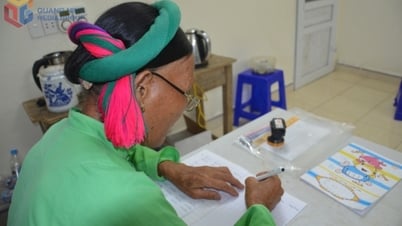




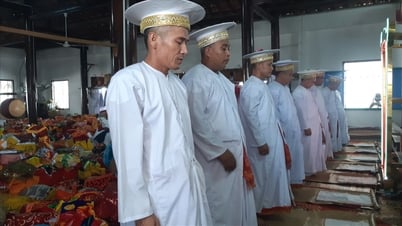



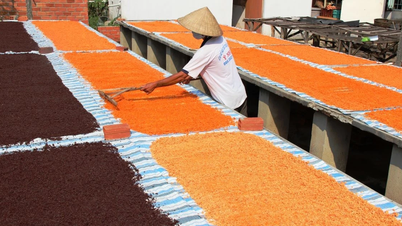







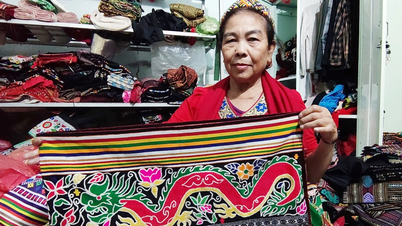



















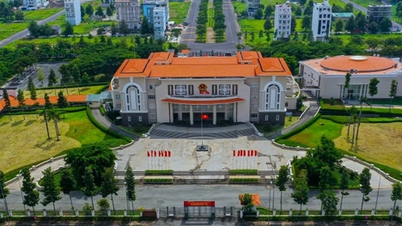
















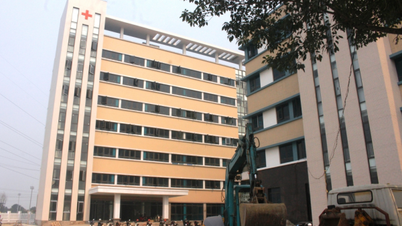















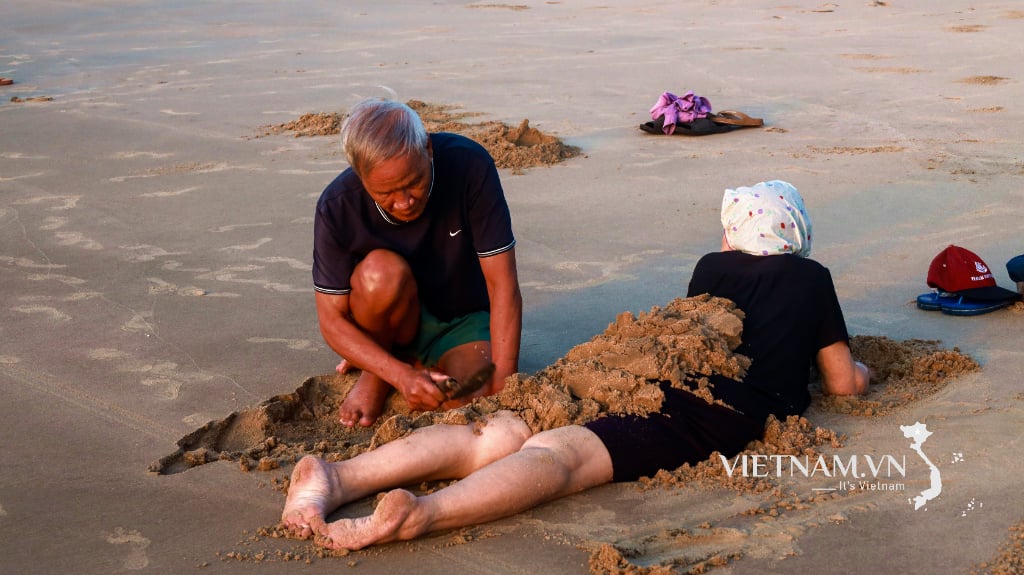

Comment (0)